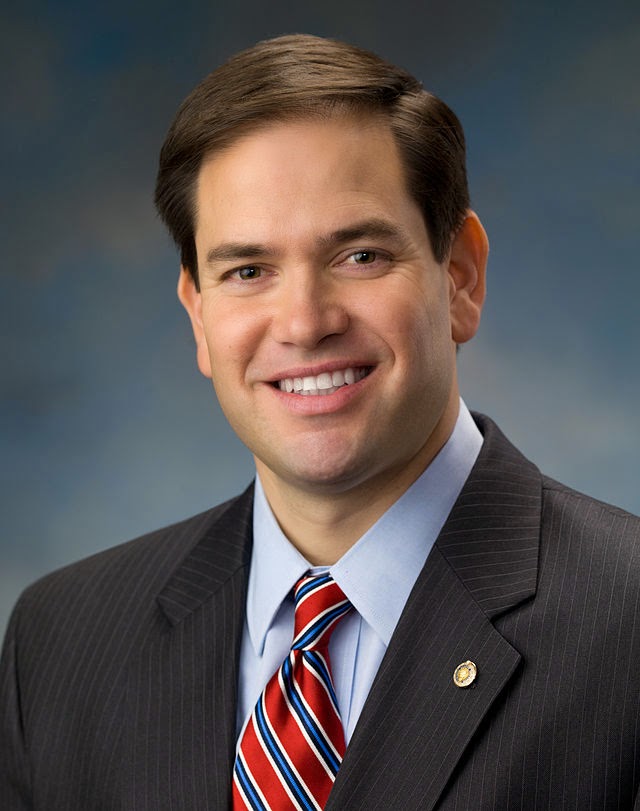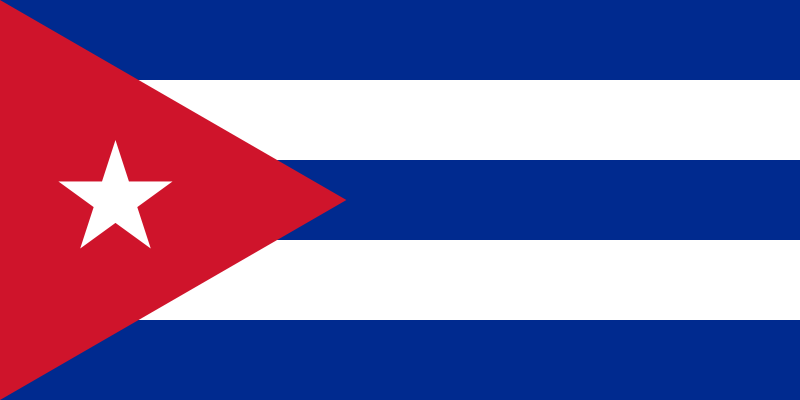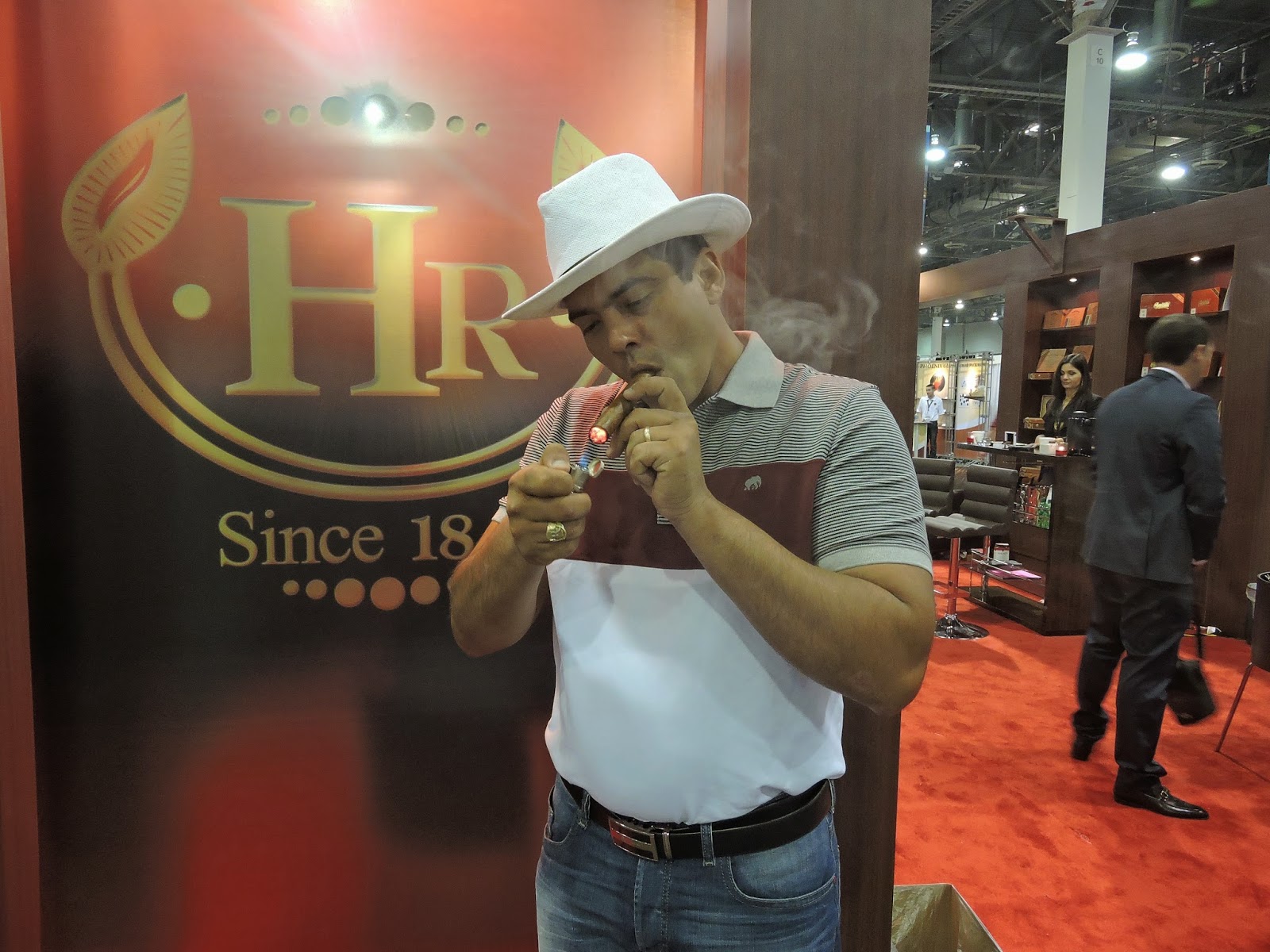On December 17th, 2014, President Obama announced plans to restore diplomatic relations with Cuba for the first time in over 50 years. These plans also include the intent to lift the Cuban Embargo. This has been of considerable interest to the cigar industry as premium cigars made in Cuba have been subject to the embargo since it was put in effect. Cuba is long renowned for being a significant player in the manufacturing of premium cigars. With half a century of Cuban cigars being legally excluded from American market, the cigar industry is paying close attention to what lies ahead.
Lifting the embargo is not an open and shut case. What happens after also brings about many questions. Here are some “food for thought” points to look as the road to end the embargo begins.
President Obama is Not Doing This for the Cigar Industry
The decision to pave the way to lift the Cuban Embargo is a polarizing one – there are those in favor of it and those against it. Some will say Obama is doing this for the greater good of the two counties, others will say he wants to go down in history being remembered as the President who lifted the Cuban Embargo. Whatever one’s position is on these points it is important to know that President Obama is not doing this for the benefit of the cigar industry.
President Obama has signed two pieces of legislation that have had major negative impacts to the cigar industry. On February 4th, 2009, Obama signed the State Children’s Health Insurance Program (SCHIP) into law. This was one of the first pieces of legislation Obama signed into law shortly after getting elected President. This imposed a tax on premium cigars up to 40 cents per cigar.
A little over four months later on June 22, 2009, Obama signed the Family Smoking Prevention and Tobacco Control Act. Under this legislation, this gave the U.S. Food and Drug Administration (FDA) powers to regulate premium cigars.
There is an irony that President Obama could be remembered as the President to end the Cuban Embargo, thus paving the way for Cuban cigars to re-enter the U.S. market. At the same time, he has signed into law these two pieces of legislation that have significant negative ramifications for the cigar industry.
Lifting the Cuban Embargo Will Be a Battle in Congress
 |
| Senator Marco Rubio (R-FL) |
The road to lifting the Cuban Embargo will have to go through the legislative process via Congress. This is not a slam dunk and will face some strong opposition. Shortly after President Obama’s speech, Senator Marco Rubio (R- Florida) came out very strong against the President’s plans. In a press release, Rubio said:
“I intend to use my role as incoming Chairman of the Senate Foreign Relations Committee’s Western Hemisphere subcommittee to make every effort to block this dangerous and desperate attempt by the President to burnish his legacy at the Cuban people’s expense.”
As made crystal clear by Rubio, there are outstanding issues around human rights and state sponsored terrorism. In the same press release by Senator Rubio, he saidi:
“The President’s decision to reward the Castro regime and begin the path toward the normalization of relations with Cuba is inexplicable. Cuba’s record is clear. Just as when President Eisenhower severed diplomatic relations with Cuba, the Castro family still controls the country, the economy and all levers of power. This administration’s attempts to loosen restrictions on travel in recent years have only served to benefit the regime. While business interests seeking to line their pockets, aided by the editorial page of The New York Times, have begun a significant campaign to paper over the facts about the regime in Havana, the reality is clear. Cuba, like Syria, Iran, and Sudan, remains a state sponsor of terrorism. It continues to actively work with regimes like North Korea to illegally traffic weapons in our hemisphere in violation of several United Nations Security Council Resolutions. It colludes with America’s enemies, near and far, to threaten us and everything we hold dear. But most importantly, the regime’s brutal treatment of the Cuban people has continued unabated. Dissidents are harassed, imprisoned and even killed. Access to information is restricted and controlled by the regime. That is why even more than just putting U.S. national security at risk, President Obama is letting down the Cuban people, who still yearn to be free.”
This battle is going to be a tough one for the President – especially in light of the now Republican controlled Congress.
Lifting the Cuban Can Help the Cigar Industry in the Battle with the FDA
One angle the Cigar Industry has been focused on is looking at the economic impacts of the proposed regulations on the International Market. Glynn Loope, Executive Director of Cigar Rights of America told us on the June 26th edition of Stogie Geeks that the House Foreign Affairs Subcommittee is looking into assessing what these impacts are. Most likely countries such as the Dominican Republic, Honduras, Nicaragua, and Mexico are being looked closely at. The economic stability of these countries is definitely in the national interest of the United States.
With a road to diplomatic relations being paved, no doubt Cuba will now be another country on this list. Despite the state run cigar industry, it would still be in the best interests of the United States to preserve jobs in the Cuban cigar industry.
If the FDA does implement its first regulations in 2015, most likely the Cuban Embargo won’t be lifted. But if implementation is delayed and/or further regulations are proposed, this could be some additional ammunition the industry needs in the fight against the FDA.
What Has Changed Today
As we said above, the embargo has not been lifted, and officially diplomatic relations have not been restored. The President has stated his intentions to accomplish these goals, but it is very much in the inception phase – and as we pointed out above, there is a going to be a battle he faces with Congress.
Using executive power, the President has put several steps in place to ease, but not totally eliminate travel restrictions for U.S. travelers going to Cuba. Specifically around the cigar industry, is the fact that American travelers will now be allowed to bring in $400.00 worth of products from Cuba, including $100.00 in tobacco and alcohol. So in other words, the only way to obtain a Cuban cigar is to actually go to Cuba (and there still are plenty of restrictions) and even then you are subject to the $100.00 cap.
What Lies Ahead Once the Embargo is Lifted
The day of this happening has long been talked about in the cigar industry for many years. This itself has been its own series of polarizing debates. Here are some considerations to look at:
The Altadis Factor
No matter how you slice and dice this, Altadis is going to have an edge once Cuban cigars enter the U.S. market. This is because Altadis which is owned by Imperial Tobacco owns a 50% stake of Habanos S.A. – the government run cigar company in Cuba. As a result, they are in the best position to start selling and distributing Habanos products in the United States. It will also be very interesting to see how Altadis’ marketing strategy changes in now having both Habanos and non Habanos brand names (i.e. Romeo y Julieta, Montecristo, etc). As a business one might expect Altadis has already built some plans for a day when the embargo is lifted, so they would be in a great position to execute those plans.
An Initial “Spike”
Once the new Habanos hit the market, I would expect a spike in the sales of these cigars due to high demand. Depending on production (see next point), this could very likely result in shortages of Cuban products on American shores. While it is difficult to project what a model is going to look like now, I do think this spike will make the landscape of the U.S. market much more interesting. In particular, this could lead to the introduction of new cigar enthusiasts. While equal or better products coming out of the non-Habanos countries are already on the market, no doubt many there will be an allure to try a Cuban. The allure can easily introduce a new enthusiast to cigars in a scenario that did not exist before the embargo.
Supply and Demand
It’s way too premature to know how many cigars will enter the American market once the embargo is lifted. In addition, we do not know what brands will be brought in. Most likely, there will be sizes of blends not brought in – and there will probably be some U.S. only releases.
The big questions here will be quality control and pricing. Will Cuba be able to keep up with an increased demand from the U.S. market? What impacts will that have on production quality – both short term and long term? Most people do feel the influx of Cuban products (and anticipated shortages) will ultimately lead to price increases.
Another question is whether a potential increase in revenue back in Cuba (as a result of the opening of the American market) be re-invested into improving quality control?
Incorporating Cuban Tobacco in Non Cuban Tobacco Blends
This is something that has most intrigued many cigar enthusiasts – the ability to make multi-national blends featuring Cuban tobacco and sell them in the U.S. market. No doubt this will create a creative renaissance in the char industry.
Just how much this occurs will be a question. There are non Habanos factories that have Cuban tobacco in possession, so its quite possible this can start sooner than later. However tobacco supplies will be finite – and how much tobacco Cuba is willing to export to non Habanos producing countries is going to be a big question. Most likely this tobacco will not come cheap, and these new and exciting multi-national blends will most likely carry a higher price point.
More Hirochi Robainas and Nelson Alfonsos?
Earlier this year, Cubanacan Cigars made a huge splash when it was announced that acclaimed Cuban cigar grower and manufacturer Hirochi Robaina would be collaborating with them in Nicaragua on a new brand. Plus Nelson Alfonso, the graphic artist behind the Cohiba Behike has already been collaborating in Costa Rica with Selected Tobacco.
The lifting of the embargo could open the door for more cross pollination of talent. I would expect it to be more Cuban talent collaborating with the non Habanos countries as opposed to vice versa. The reason is simply because the Castro regime is still in power in Cuba and that would be less enticing to bring foreign talent into Cuba.
Further bursting the Boutique Bubble
One can certainly make a case we have peaked (or are close to peaking) when it has come to the boutique market – aka “the smaller manufacturers and brand owners”. Right now, many of these companies are already fighting for space in many retailer humidors. An influx of Habanos product could make this competition even more fierce. Add to the fact that there will be a huge interest in this Habanos product – plus add to the fact that a large company like Altadis will most likely be one of the first selling Cuban product – and this creates a problem for the little guy.
Boutique / smaller companies have been at the heart of the the great creative period we have seen in tobacco blends over the past decade. The idea of incorporating Cuban tobacco into blends from companies like this is intriguing – especially for the boutiques. However, as mentioned above, the tobacco costs will not be cheap – and ultimately the end products will also not be cheap. On the other hand, if the ten dollar price point proposed by the FDA to exempt premium cigars from regulation is a reality, this might be a mute point.





